Solar and Renewables
France commissions 420 MW wind project in South Africa to boost renewable adoption
Author
-
Peace E. Udoh is an editorial analyst with expertise in energy and migration storytelling. She brings strong skills in research, data reporting, and article development, with a proven record of breaking impactful stories.
At present, she works with Energy in Africa, where she covers electricity, power, and renewable energy trends across the continent.
You can connect with her on LinkedIn.
Author
-
Peace E. Udoh is an editorial analyst with expertise in energy and migration storytelling. She brings strong skills in research, data reporting, and article development, with a proven record of breaking impactful stories.
At present, she works with Energy in Africa, where she covers electricity, power, and renewable energy trends across the continent.
You can connect with her on LinkedIn.
South Africa’s coal output drops to 68% amid rise in solar adoption – Report
Author
-
Peace E. Udoh is an editorial analyst with expertise in energy and migration storytelling. She brings strong skills in research, data reporting, and article development, with a proven record of breaking impactful stories.
At present, she works with Energy in Africa, where she covers electricity, power, and renewable energy trends across the continent.
You can connect with her on LinkedIn.
Author
-
Peace E. Udoh is an editorial analyst with expertise in energy and migration storytelling. She brings strong skills in research, data reporting, and article development, with a proven record of breaking impactful stories.
At present, she works with Energy in Africa, where she covers electricity, power, and renewable energy trends across the continent.
You can connect with her on LinkedIn.
Germany seeks renewable energy, industrial partnerships with Nigeria
Author
-
Peace E. Udoh is an editorial analyst with expertise in energy and migration storytelling. She brings strong skills in research, data reporting, and article development, with a proven record of breaking impactful stories.
At present, she works with Energy in Africa, where she covers electricity, power, and renewable energy trends across the continent.
You can connect with her on LinkedIn.
Author
-
Peace E. Udoh is an editorial analyst with expertise in energy and migration storytelling. She brings strong skills in research, data reporting, and article development, with a proven record of breaking impactful stories.
At present, she works with Energy in Africa, where she covers electricity, power, and renewable energy trends across the continent.
You can connect with her on LinkedIn.
The unexpected rise of Africa’s solar market
Author
-
Quadri Adejumo is a Journalist, Policy Analyst and media strategist specialising in energy, finance, technology and economic development across Africa. With extensive experience in investigative reporting and data-driven analysis, he has built a reputation for interrogating complex regulatory frameworks, market dynamics and investment trends shaping the continent’s growth trajectory.
His work bridges journalism and policy analysis, providing context-driven reporting that informs industry stakeholders, investors and decision-makers.
Author
-
Quadri Adejumo is a Journalist, Policy Analyst and media strategist specialising in energy, finance, technology and economic development across Africa. With extensive experience in investigative reporting and data-driven analysis, he has built a reputation for interrogating complex regulatory frameworks, market dynamics and investment trends shaping the continent’s growth trajectory.
His work bridges journalism and policy analysis, providing context-driven reporting that informs industry stakeholders, investors and decision-makers.
IFC signs $150 million deal to boost Egypt’s green finance and MSMEs
Author
-
Peace E. Udoh is an editorial analyst with expertise in energy and migration storytelling. She brings strong skills in research, data reporting, and article development, with a proven record of breaking impactful stories.
At present, she works with Energy in Africa, where she covers electricity, power, and renewable energy trends across the continent.
You can connect with her on LinkedIn.
Author
-
Peace E. Udoh is an editorial analyst with expertise in energy and migration storytelling. She brings strong skills in research, data reporting, and article development, with a proven record of breaking impactful stories.
At present, she works with Energy in Africa, where she covers electricity, power, and renewable energy trends across the continent.
You can connect with her on LinkedIn.
Tanzania launches phase one of $9.95 million clean cooking project
Author
-
Peace E. Udoh is an editorial analyst with expertise in energy and migration storytelling. She brings strong skills in research, data reporting, and article development, with a proven record of breaking impactful stories.
At present, she works with Energy in Africa, where she covers electricity, power, and renewable energy trends across the continent.
You can connect with her on LinkedIn.
Author
-
Peace E. Udoh is an editorial analyst with expertise in energy and migration storytelling. She brings strong skills in research, data reporting, and article development, with a proven record of breaking impactful stories.
At present, she works with Energy in Africa, where she covers electricity, power, and renewable energy trends across the continent.
You can connect with her on LinkedIn.
UAE commits $4.5 billion to 60 clean energy projects in Africa at AU summit
Author
-
Peace E. Udoh is an editorial analyst with expertise in energy and migration storytelling. She brings strong skills in research, data reporting, and article development, with a proven record of breaking impactful stories.
At present, she works with Energy in Africa, where she covers electricity, power, and renewable energy trends across the continent.
You can connect with her on LinkedIn.
Author
-
Peace E. Udoh is an editorial analyst with expertise in energy and migration storytelling. She brings strong skills in research, data reporting, and article development, with a proven record of breaking impactful stories.
At present, she works with Energy in Africa, where she covers electricity, power, and renewable energy trends across the continent.
You can connect with her on LinkedIn.
Africa emerges as world fastest-growing solar market in 2025 – Report
Author
-
Peace E. Udoh is an editorial analyst with expertise in energy and migration storytelling. She brings strong skills in research, data reporting, and article development, with a proven record of breaking impactful stories.
At present, she works with Energy in Africa, where she covers electricity, power, and renewable energy trends across the continent.
You can connect with her on LinkedIn.
Author
-
Peace E. Udoh is an editorial analyst with expertise in energy and migration storytelling. She brings strong skills in research, data reporting, and article development, with a proven record of breaking impactful stories.
At present, she works with Energy in Africa, where she covers electricity, power, and renewable energy trends across the continent.
You can connect with her on LinkedIn.
Africa’s solar adoption surges one year after Trump scraps $9.7 billion funding
Author
-
Cyrus Ademola is an energy professional, storyteller, and editor.
Currently the managing editor of Energy in Africa, Cyrus chases important energy stories, trends, insights and deep dives for a living.
Check out his works here : here
Author
-
Cyrus Ademola is an energy professional, storyteller, and editor.
Currently the managing editor of Energy in Africa, Cyrus chases important energy stories, trends, insights and deep dives for a living.
Check out his works here : here
Top ten African nations with the highest solar energy adoption in 2025
Author
-
Peace E. Udoh is an editorial analyst with expertise in energy and migration storytelling. She brings strong skills in research, data reporting, and article development, with a proven record of breaking impactful stories.
At present, she works with Energy in Africa, where she covers electricity, power, and renewable energy trends across the continent.
You can connect with her on LinkedIn.
Author
-
Peace E. Udoh is an editorial analyst with expertise in energy and migration storytelling. She brings strong skills in research, data reporting, and article development, with a proven record of breaking impactful stories.
At present, she works with Energy in Africa, where she covers electricity, power, and renewable energy trends across the continent.
You can connect with her on LinkedIn.
Tunisia selects France’s Voltalia for 132 MW solar power project
Author
-
Peace E. Udoh is an editorial analyst with expertise in energy and migration storytelling. She brings strong skills in research, data reporting, and article development, with a proven record of breaking impactful stories.
At present, she works with Energy in Africa, where she covers electricity, power, and renewable energy trends across the continent.
You can connect with her on LinkedIn.
Author
-
Peace E. Udoh is an editorial analyst with expertise in energy and migration storytelling. She brings strong skills in research, data reporting, and article development, with a proven record of breaking impactful stories.
At present, she works with Energy in Africa, where she covers electricity, power, and renewable energy trends across the continent.
You can connect with her on LinkedIn.
West Africa’s Benin secures $2.9 million to build nine rural solar mini-grids
Author
-
Peace E. Udoh is an editorial analyst with expertise in energy and migration storytelling. She brings strong skills in research, data reporting, and article development, with a proven record of breaking impactful stories.
At present, she works with Energy in Africa, where she covers electricity, power, and renewable energy trends across the continent.
You can connect with her on LinkedIn.
Author
-
Peace E. Udoh is an editorial analyst with expertise in energy and migration storytelling. She brings strong skills in research, data reporting, and article development, with a proven record of breaking impactful stories.
At present, she works with Energy in Africa, where she covers electricity, power, and renewable energy trends across the continent.
You can connect with her on LinkedIn.
Solar energy tops Africa’s $3.8 billion investment in 2025 — Report
Author
-
Peace E. Udoh is an editorial analyst with expertise in energy and migration storytelling. She brings strong skills in research, data reporting, and article development, with a proven record of breaking impactful stories.
At present, she works with Energy in Africa, where she covers electricity, power, and renewable energy trends across the continent.
You can connect with her on LinkedIn.
Author
-
Peace E. Udoh is an editorial analyst with expertise in energy and migration storytelling. She brings strong skills in research, data reporting, and article development, with a proven record of breaking impactful stories.
At present, she works with Energy in Africa, where she covers electricity, power, and renewable energy trends across the continent.
You can connect with her on LinkedIn.
Investec-backed Revego raises $62 million for renewable projects in South Africa
Author
-
Peace E. Udoh is an editorial analyst with expertise in energy and migration storytelling. She brings strong skills in research, data reporting, and article development, with a proven record of breaking impactful stories.
At present, she works with Energy in Africa, where she covers electricity, power, and renewable energy trends across the continent.
You can connect with her on LinkedIn.
Author
-
Peace E. Udoh is an editorial analyst with expertise in energy and migration storytelling. She brings strong skills in research, data reporting, and article development, with a proven record of breaking impactful stories.
At present, she works with Energy in Africa, where she covers electricity, power, and renewable energy trends across the continent.
You can connect with her on LinkedIn.
Eskom confirms South Africa’s 3-year renewable energy adoption slowdown
Author
-
Peace E. Udoh is an editorial analyst with expertise in energy and migration storytelling. She brings strong skills in research, data reporting, and article development, with a proven record of breaking impactful stories.
At present, she works with Energy in Africa, where she covers electricity, power, and renewable energy trends across the continent.
You can connect with her on LinkedIn.
Author
-
Peace E. Udoh is an editorial analyst with expertise in energy and migration storytelling. She brings strong skills in research, data reporting, and article development, with a proven record of breaking impactful stories.
At present, she works with Energy in Africa, where she covers electricity, power, and renewable energy trends across the continent.
You can connect with her on LinkedIn.
Rockefeller, World Bank fund solar farm expansion in Nigeria, Ethiopia, others
Author
-
Peace E. Udoh is an editorial analyst with expertise in energy and migration storytelling. She brings strong skills in research, data reporting, and article development, with a proven record of breaking impactful stories.
At present, she works with Energy in Africa, where she covers electricity, power, and renewable energy trends across the continent.
You can connect with her on LinkedIn.
Author
-
Peace E. Udoh is an editorial analyst with expertise in energy and migration storytelling. She brings strong skills in research, data reporting, and article development, with a proven record of breaking impactful stories.
At present, she works with Energy in Africa, where she covers electricity, power, and renewable energy trends across the continent.
You can connect with her on LinkedIn.
Chinese firm secures contract for 7MW floating solar plant in Nigeria’s varsity
Author
-
Peace E. Udoh is an editorial analyst with expertise in energy and migration storytelling. She brings strong skills in research, data reporting, and article development, with a proven record of breaking impactful stories.
At present, she works with Energy in Africa, where she covers electricity, power, and renewable energy trends across the continent.
You can connect with her on LinkedIn.
Author
-
Peace E. Udoh is an editorial analyst with expertise in energy and migration storytelling. She brings strong skills in research, data reporting, and article development, with a proven record of breaking impactful stories.
At present, she works with Energy in Africa, where she covers electricity, power, and renewable energy trends across the continent.
You can connect with her on LinkedIn.
Egypt secures $37 million OPEC Fund loan for Abydos II solar project
Author
-
Peace E. Udoh is an editorial analyst with expertise in energy and migration storytelling. She brings strong skills in research, data reporting, and article development, with a proven record of breaking impactful stories.
At present, she works with Energy in Africa, where she covers electricity, power, and renewable energy trends across the continent.
You can connect with her on LinkedIn.
Author
-
Peace E. Udoh is an editorial analyst with expertise in energy and migration storytelling. She brings strong skills in research, data reporting, and article development, with a proven record of breaking impactful stories.
At present, she works with Energy in Africa, where she covers electricity, power, and renewable energy trends across the continent.
You can connect with her on LinkedIn.
Why renewable energy may outpace gas for Africa’s electricity generation in 2026
Author
-
Peace E. Udoh is an editorial analyst with expertise in energy and migration storytelling. She brings strong skills in research, data reporting, and article development, with a proven record of breaking impactful stories.
At present, she works with Energy in Africa, where she covers electricity, power, and renewable energy trends across the continent.
You can connect with her on LinkedIn.
Author
-
Peace E. Udoh is an editorial analyst with expertise in energy and migration storytelling. She brings strong skills in research, data reporting, and article development, with a proven record of breaking impactful stories.
At present, she works with Energy in Africa, where she covers electricity, power, and renewable energy trends across the continent.
You can connect with her on LinkedIn.
Nigeria targets $3 billion annually from carbon market with new reform
Author
-
Kiishi Abikoye is an energy and lifestyle writer.
She covers industry trends, career opportunities, appointment updates and profiles in the energy space.
An AI enthusiast, find Kiishi on LinkedIn here.
Author
-
Kiishi Abikoye is an energy and lifestyle writer.
She covers industry trends, career opportunities, appointment updates and profiles in the energy space.
An AI enthusiast, find Kiishi on LinkedIn here.
Top stories
Track Africa’s energy trends as they emerge
Get exclusive insights across renewables, oil & gas, and infrastructure to stay informed and make smarter decisions.
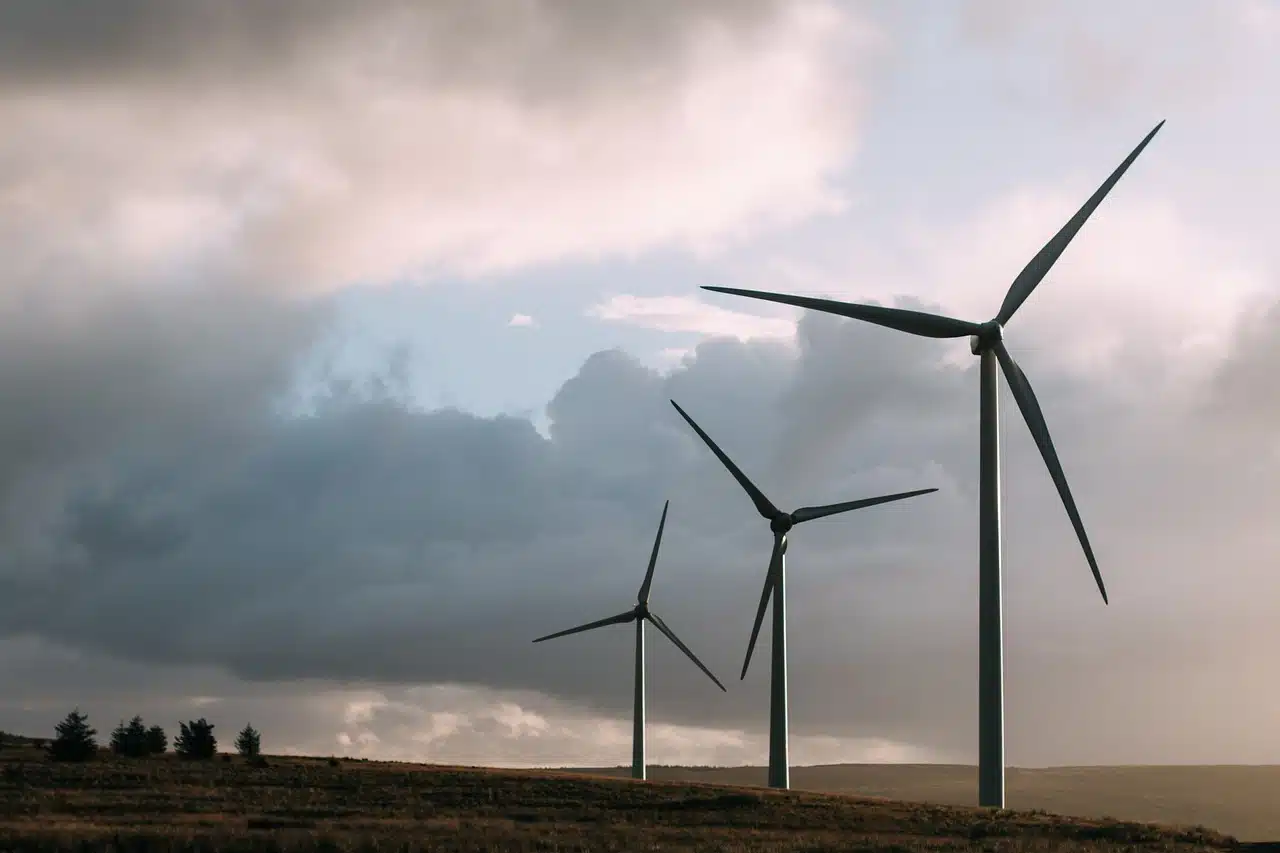
EDF has commissioned 420 megawatts wind cluster in South Africa, representing the first project in its 1.5 GW construction portfolio in the country to be completed.
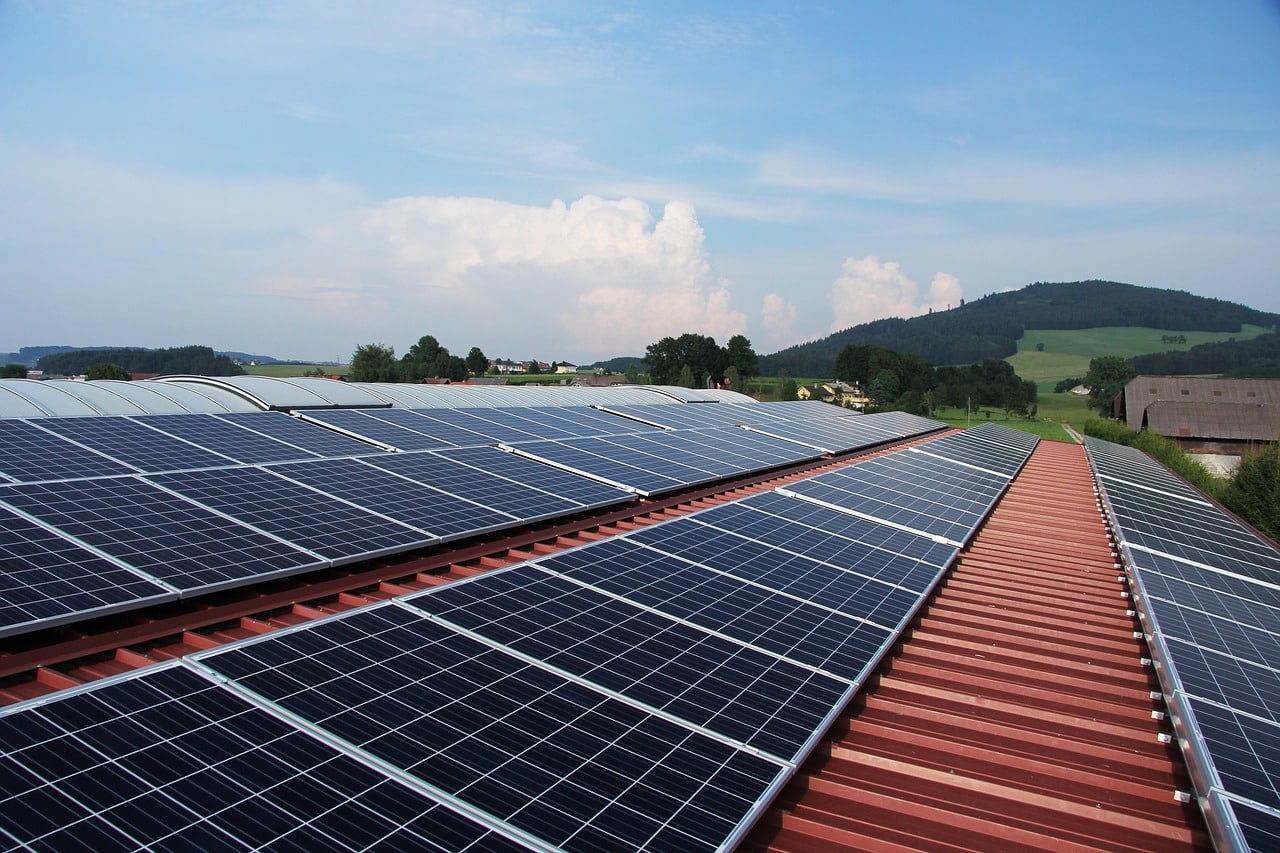
Coal’s share of electricity generation in Africa’s largest economy, South Africa, fell to 68% in December 2025, its lowest monthly level on record, as solar power’s contribution rose to 15%.

Germany is seeking renewable energy and industrial partnerships with Nigeria through a delegation of small and medium-sized enterprises from its state of Rhineland-Palatinate.
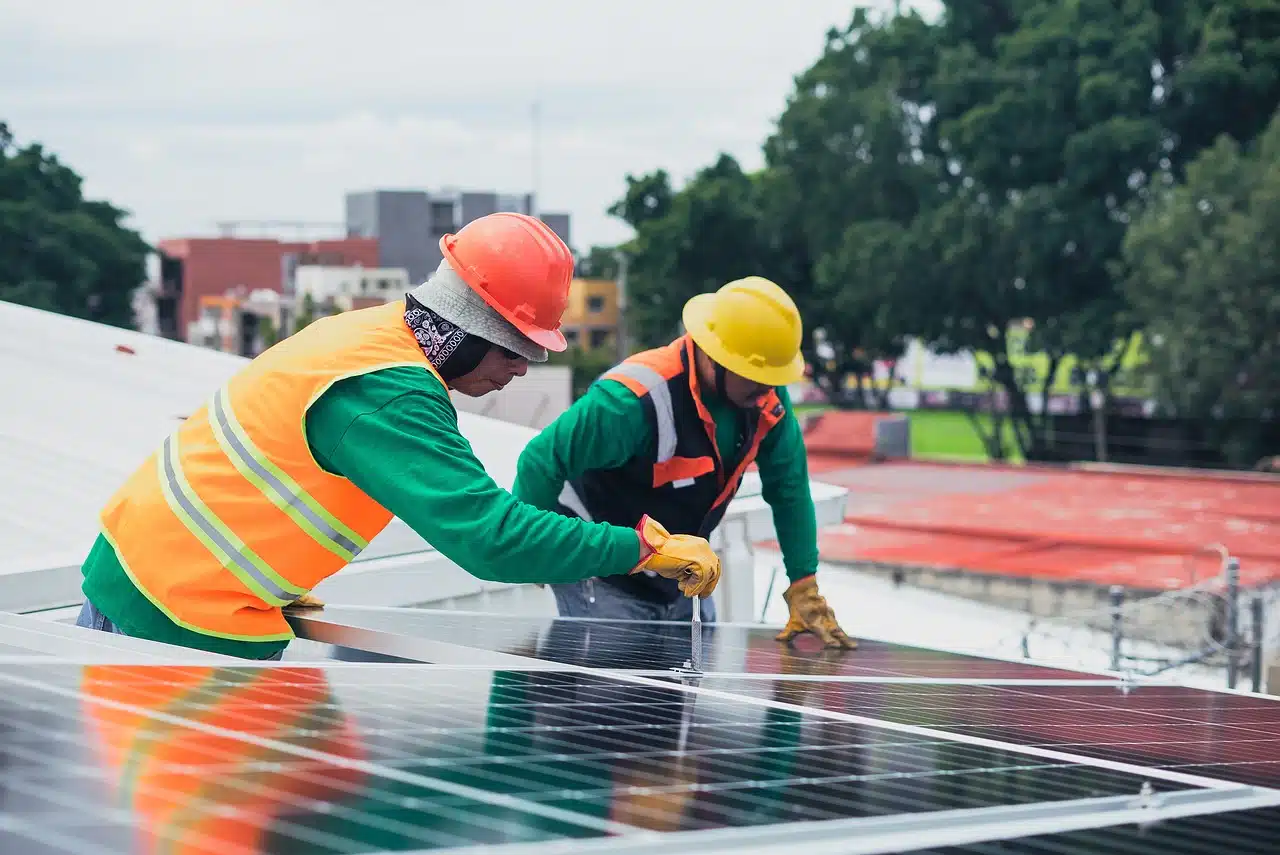
Africa’s solar market is growing faster than imagined. From a high surge in the import of panels to local manufacturing, the solar energy space appears to be beating conventional forecasts.

International Finance Corporation (IFC) has signed a $150 million financing agreement with Banque Misr to expand green lending and support micro, small and medium enterprises (MSMEs) in Egypt.

The Government of the United Republic of Tanzania has launched Phase One of its $9.95 million (TZS 25.8 billion) clean cooking programme targeting 453 public institutions nationwide.
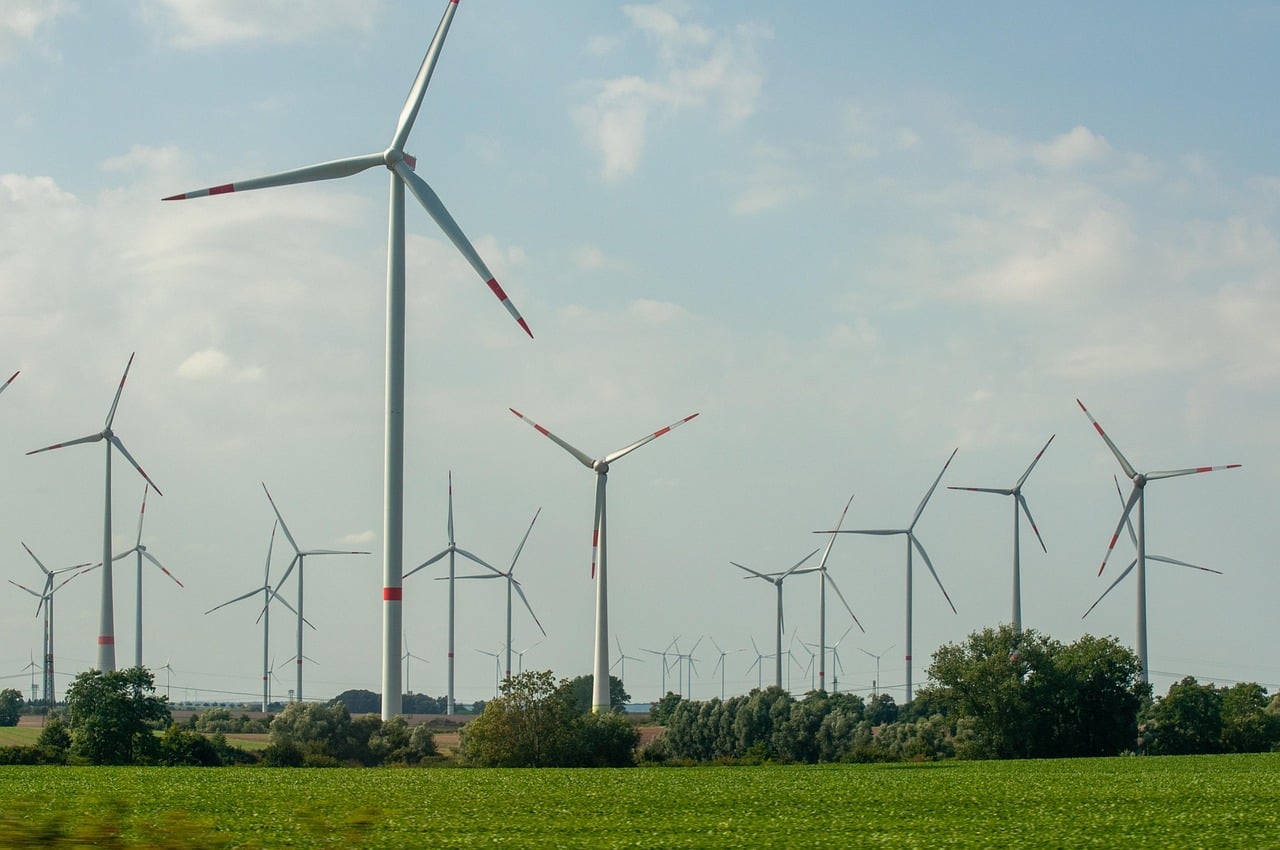
The United Arab Emirates (UAE) has announced a $4.5 billion commitment to finance more than 60 clean energy projects across Africa.

Africa led global solar growth in 2025, recording the fastest year-on-year increase in installed capacity of any region. Its growth outpaced other parts of the world, even as overall global solar expansion began to slow.
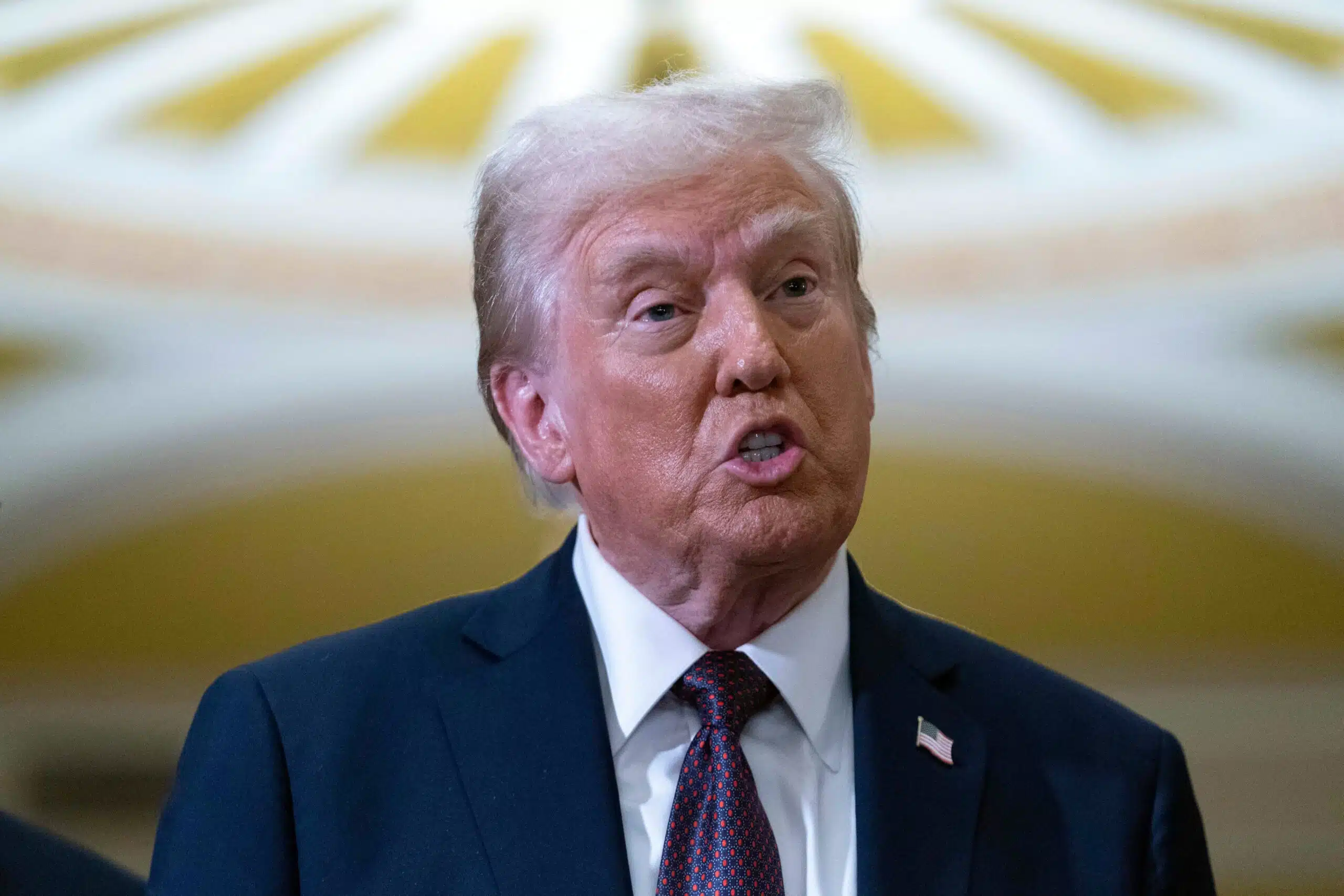
One year after the Trump administration ended Power Africa, solar adoption across the African continent continues to gain momentum despite the loss of over $9.4 billion in US backed financing.
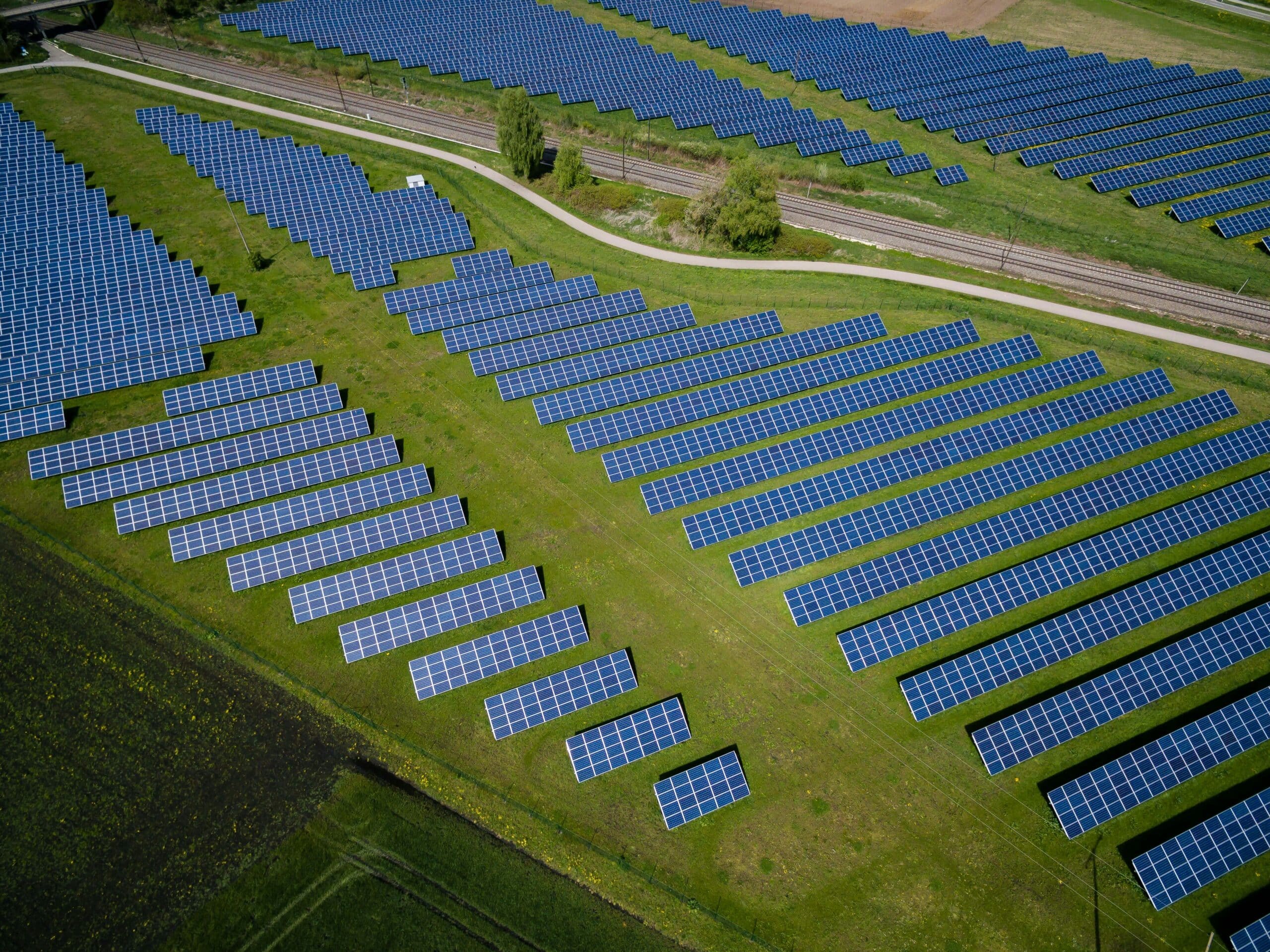
Africa’s solar energy market continues to grow significantly. In 2025, the continent added more than 5,000 MW solar power capacity. In this article, we breakdown countries leading this drive.
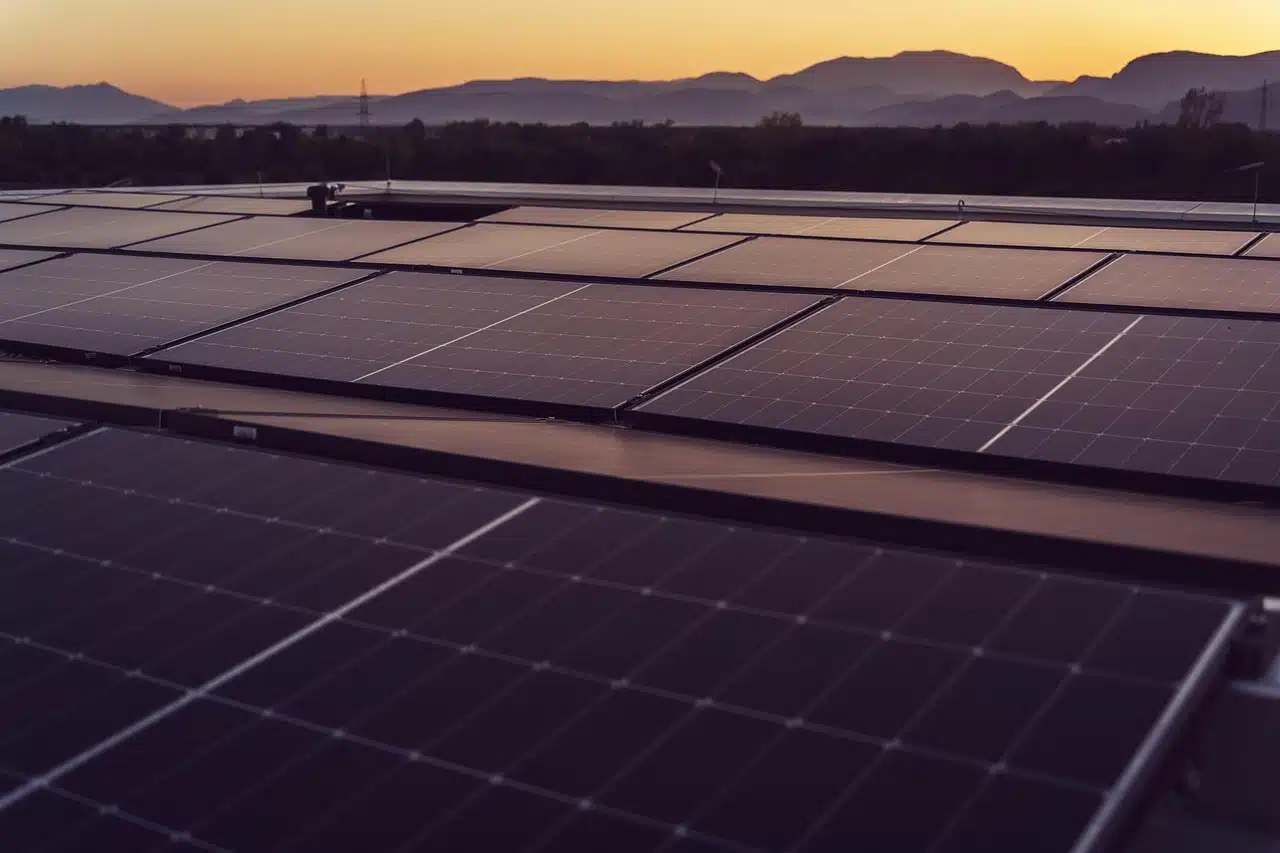
Tunisia has awarded French renewable energy company Voltalia a contract to develop a 132-megawatt solar power project to boost electricity supply in the country.
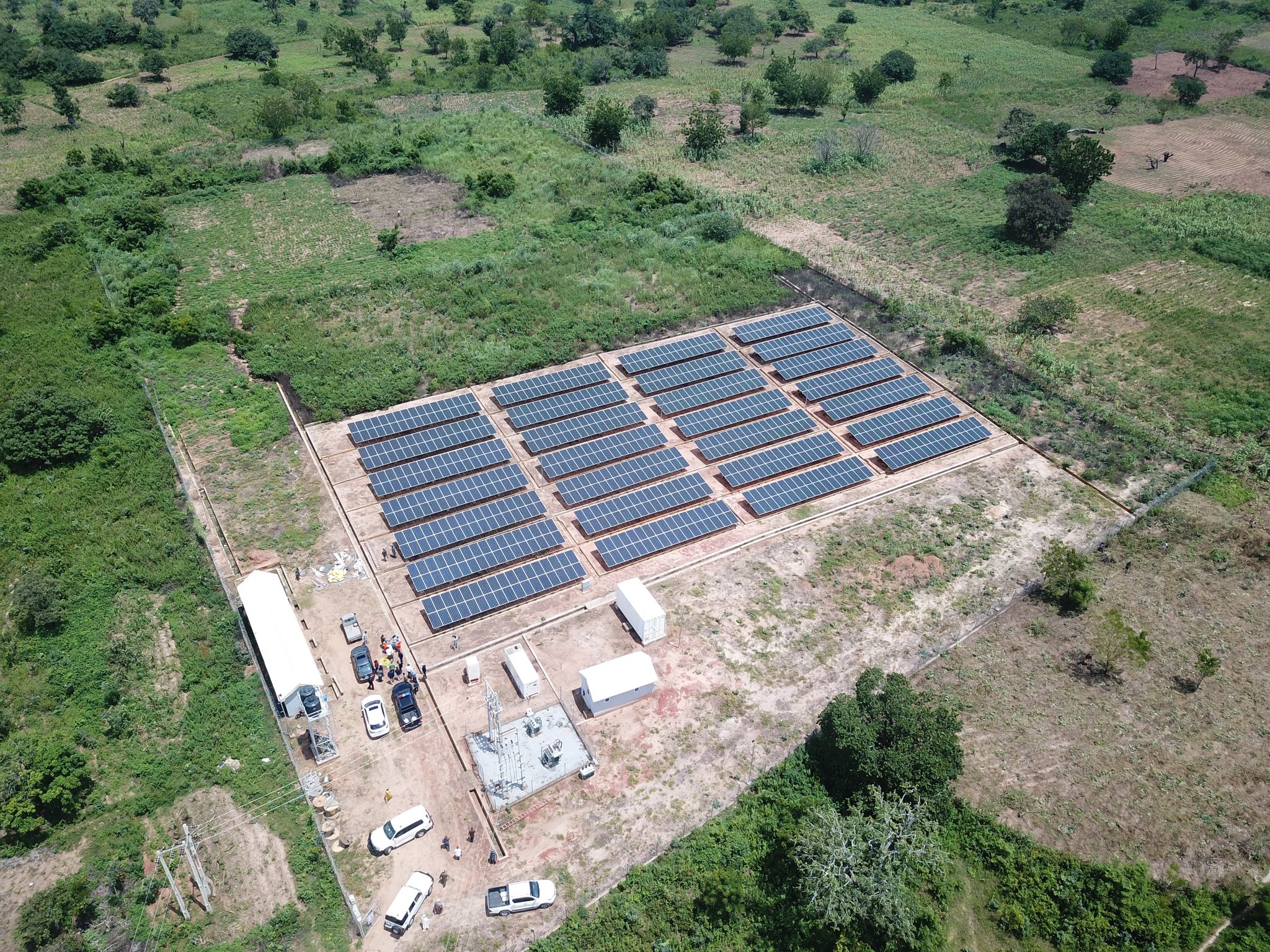
Benin to expand electricity access in underserved rural communities following the mobilisation of $2.9 million in financing for nine solar-powered mini-grids.

In 2025, solar energy overtook fintech and the services sector as Africa’s leading destination for investment. A new report shows that capital flowed more heavily into clean energy than in previous years, reflecting a clear shift in investor focus.
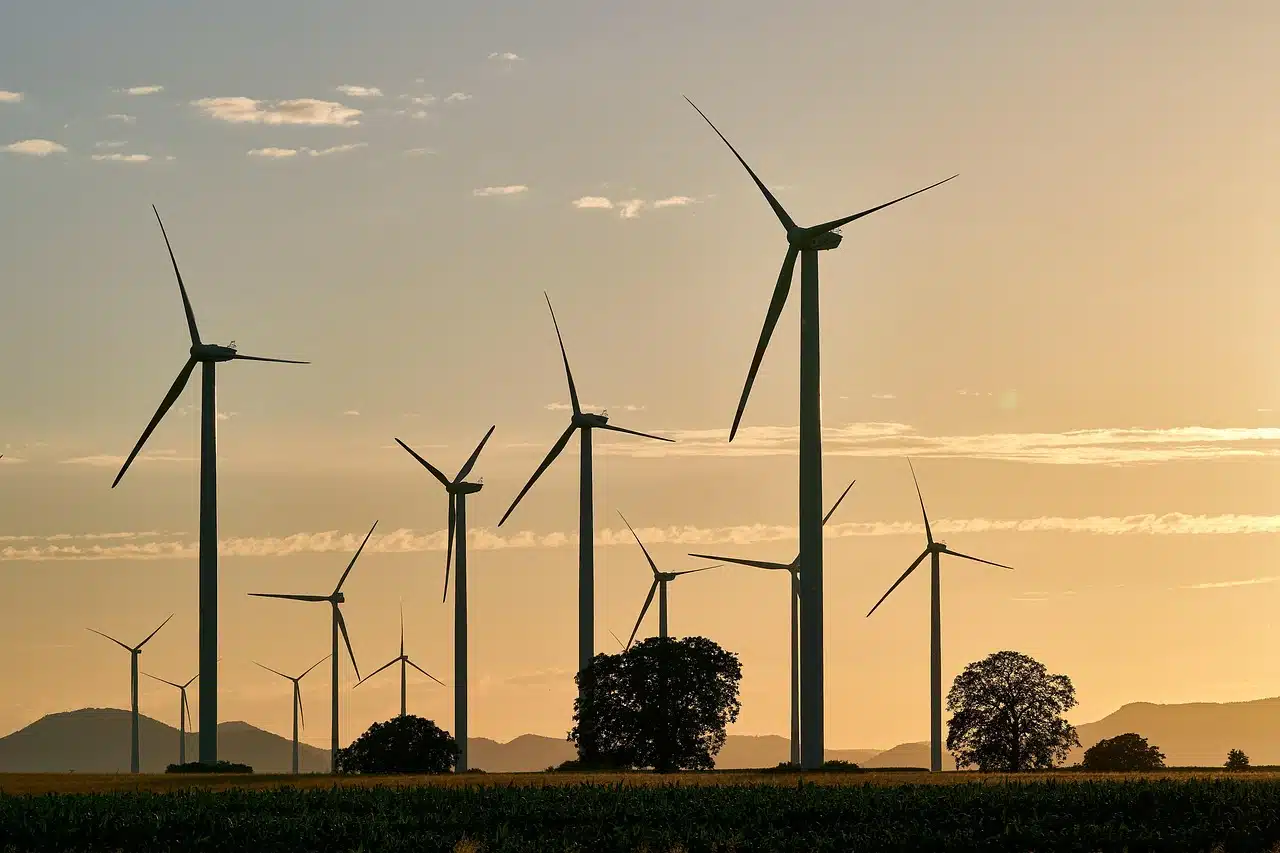
Revego Africa Energy Fund has secured R1 billion ($62 million) in new funding to expand its renewable energy investments in South Africa.
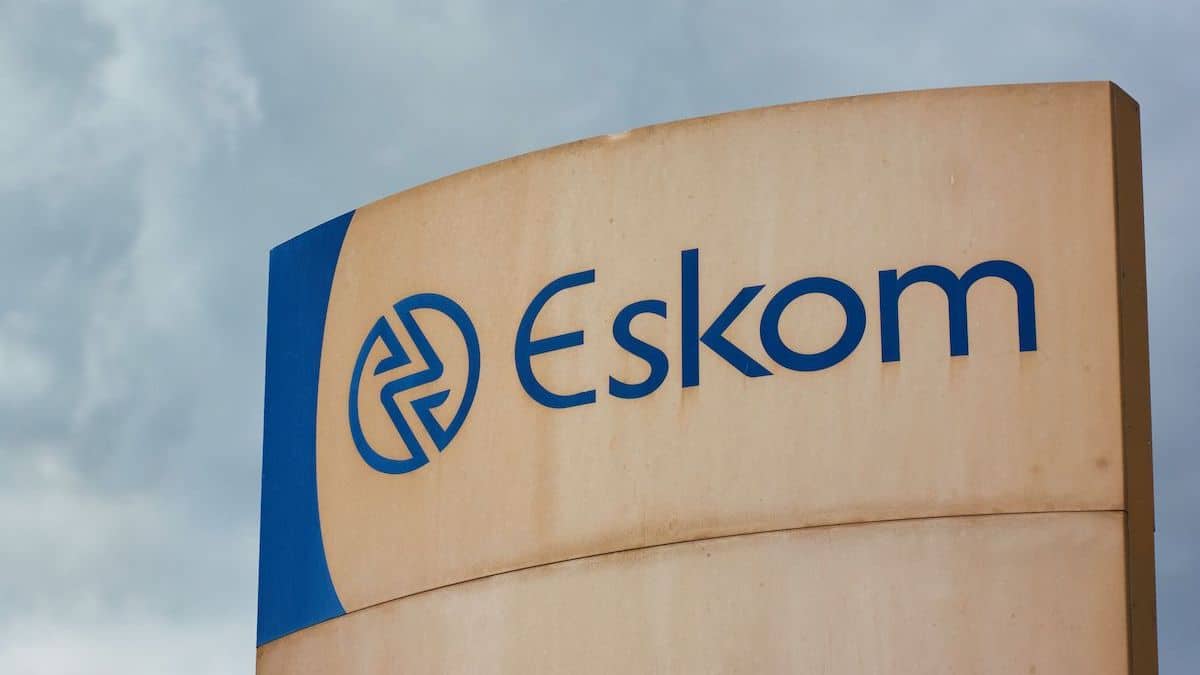
A new Eskom report has confirmed that South Africa’s renewable energy adoption is not gaining momentum as expected. After nearly three years of stalled green transition, the utility signals continued reliance on coal.
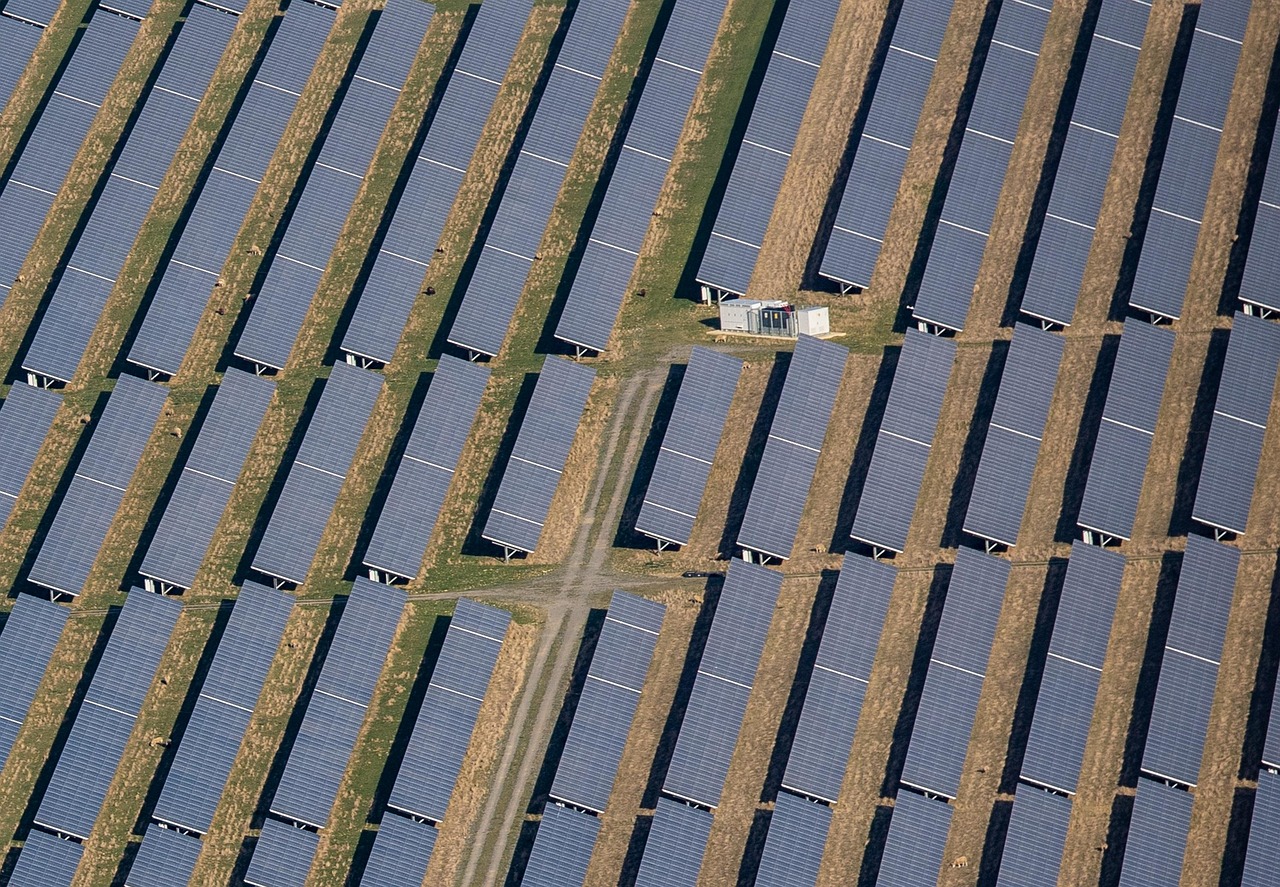
The Rockefeller Foundation and the World Bank have expanded a programme to deploy solar-powered agricultural equipment across six African countries.

China Civil Engineering Construction Corporation (CCECC) has secured the contract to build a 7-megawatt floating solar power plant at the University of Lagos (UNILAG) in Nigeria.
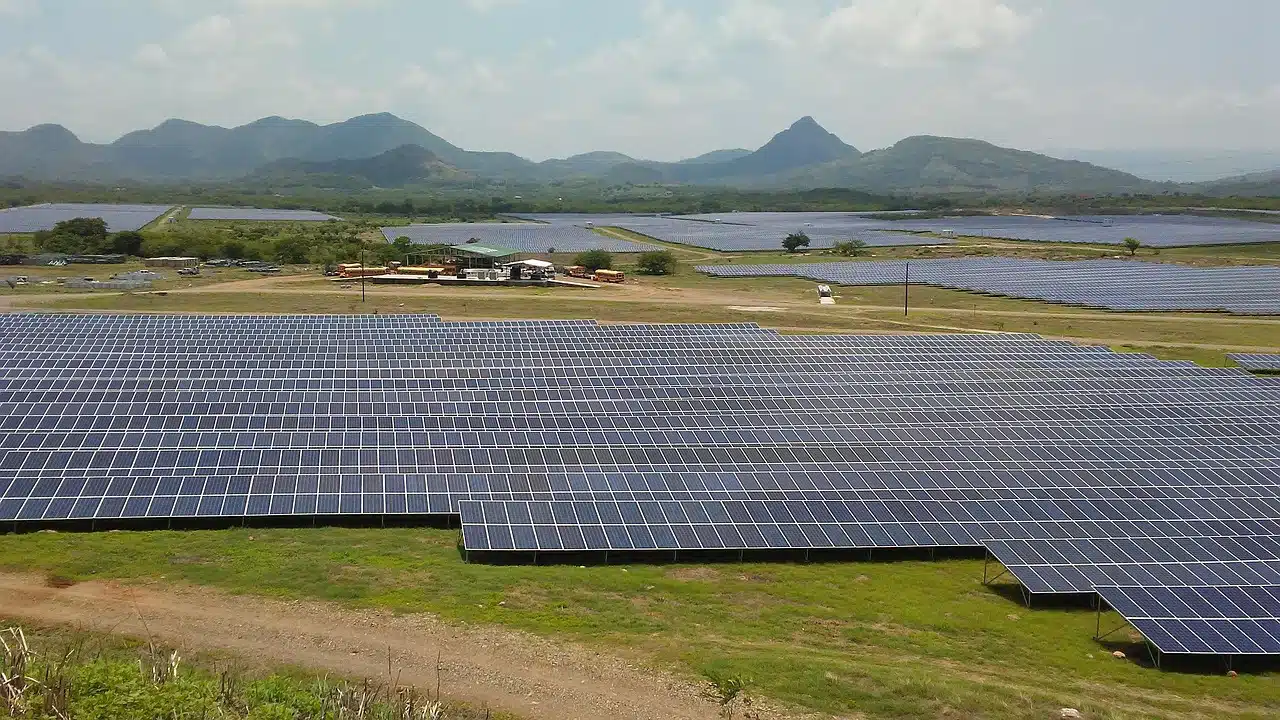
Egypt has secured a $37 million loan from the OPEC Fund to support the development of the Abydos II solar photovoltaic project, a major renewable energy initiative in the country.

Renewable energy is gaining ground fast in Africa. A new report shows that falling costs, supportive government policies, and other incentives are making it a more appealing option than gas for generating power.
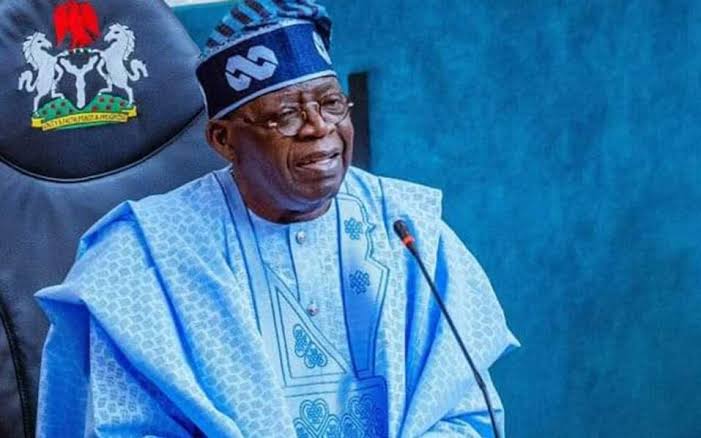
Nigeria plans to generate up to $3 billion annually from carbon trading after approving a framework for large scale emissions allowance sales.
Track Africa’s energy trends as they emerge
Get exclusive insights across renewables, oil & gas, and infrastructure to stay informed and make smarter decisions.
